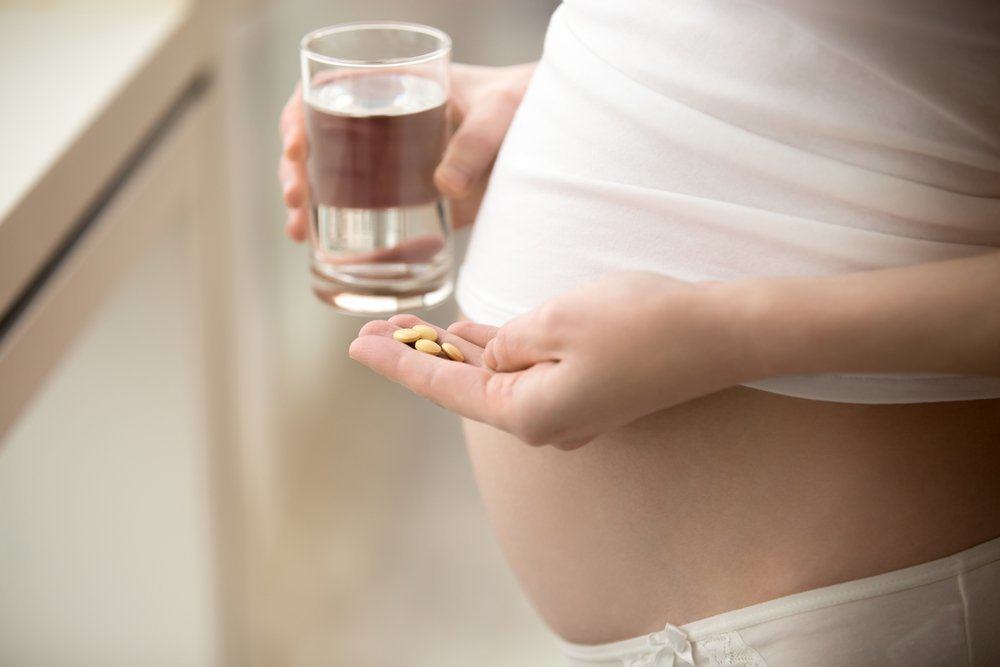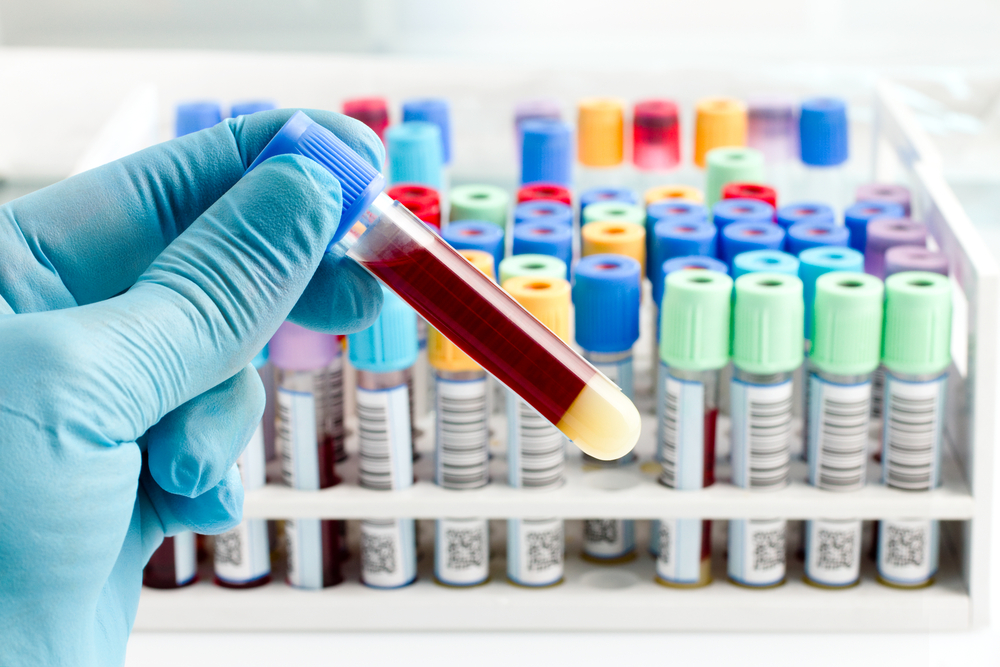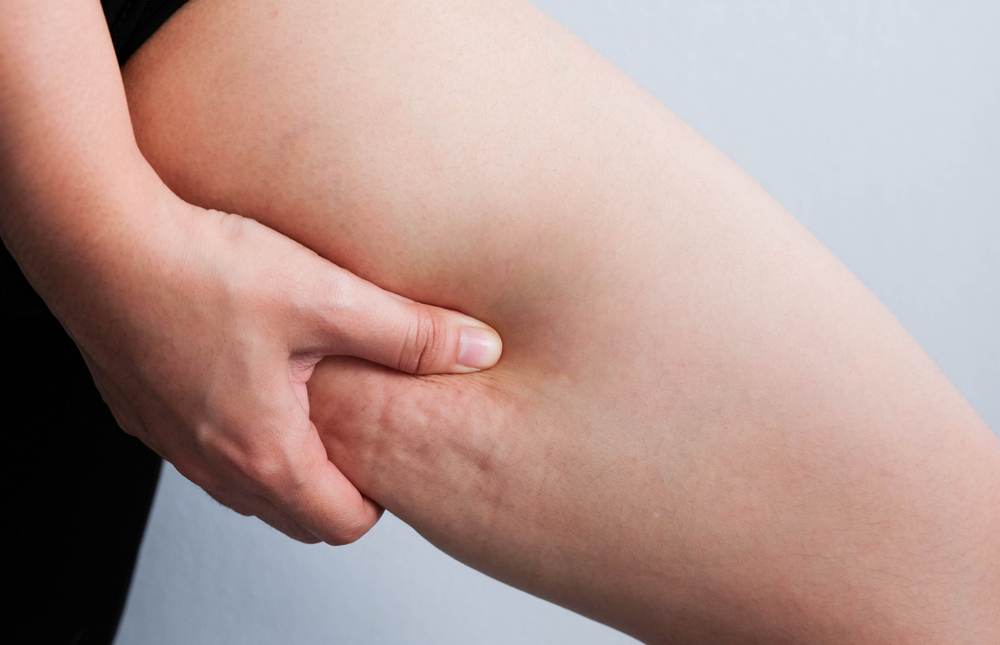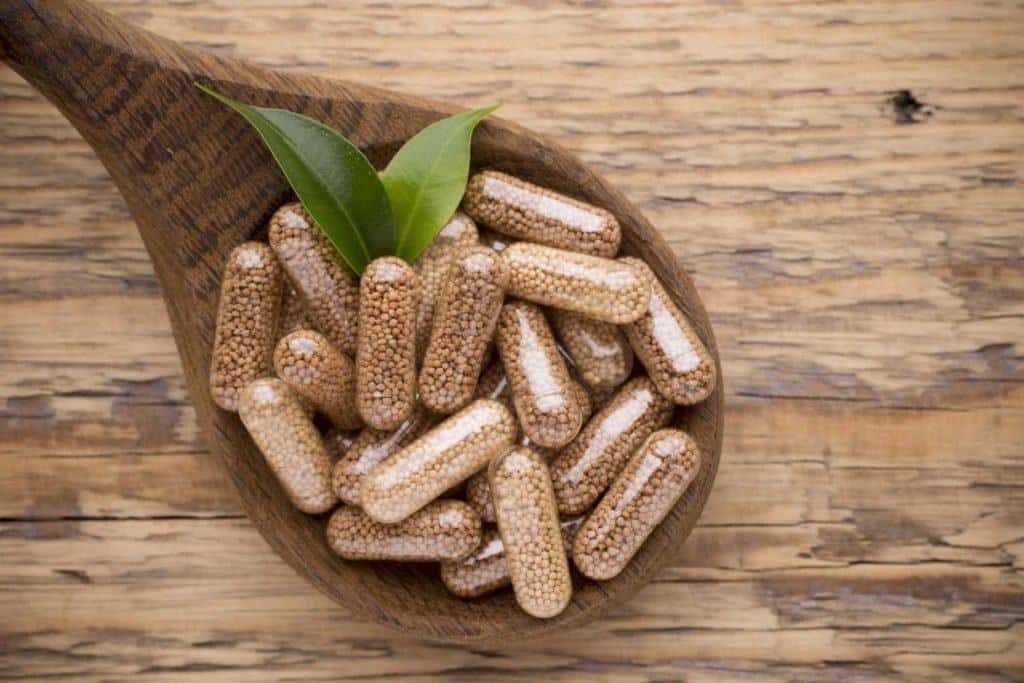Contents:
Medical Video: Are You Really Eating for Two? Food and Nutrition During Pregnancy
During pregnancy, when there are so many cravings, when you are lazy to eat, and morning sickness, taking vitamins and supplemental supplements seems like a good idea. Think of it as a guarantee for days when you are not sure if your food provides enough benefits for the fetus in the stomach. Women with special needs, such as those who suffer from diabetes or anemia, may also need additional supplements to meet their daily nutritional needs.
Now more and more types of multivitamins and mineral supplements are on the market that are targeted at pregnant and lactating women. But is there evidence that this additional multivitamin and supplement is beneficial?
What vitamins and minerals are needed by pregnant women?
Iron
Pregnant women need quite a lot of daily iron intake (22-27 mg / day), maybe even more especially for pregnant women who are also vegan or vegetarian. In addition to increasing the mass of maternal blood flow and placenta, babies need iron intake that they absorb from their mothers to use in the first 5-6 months of life.
Take iron only according to the dose prescribed by your doctor in your basic prenatal vitamin regimen, because in excessive amounts (from supplemental supplements outside the prescription that are also combined with iron-rich foods) can cause symptoms of indigestion and constipation worsen in the mother and dangerous for babies (preterm birth and low birth weight. The risk of using iron supplements is found in 1 in 300 pregnant women with hemochromatosis, a condition that may not be diagnosed in women during the period of pregnancy and childbirth.
Folic acid
The recommended daily intake of folic acid for pregnant women is 600 mcg for one month before conception and continue for three months thereafter. Two sheets of fortified wheat bread contain 80 mcd of folic acid. The general advice is that in addition to consuming foods rich in folic acid, women who are trying to get pregnant or who are in the first trimester are required to consume daily prenatal vitamins that contain at least 400-500 mcg of folic acid.
Folic acid helps the formation of the spinal cord, including wrapping around the back of the spine. Quality prenatal vitamins should contain 800 mcg of folate, so you don't need to add additional folic acid supplements to your diet, unless advised by your doctor (folate intake up to 1200 mcg is still considered safe for pregnancy).
Vitamin D3
Vitamin D3 helps maximize absorption of calcium and phosphorus which are important for healthy bone formation. This vitamin also helps strengthen the immune system, the composition of cell growth, reduces inflammation, increases muscle strength, promotes hormone production, and prevents depression. Most people will get enough vitamin D by spending 10 minutes bathed in the sun in the morning and evening from parts of the body exposed to the sun.
New research shows that pregnant women can benefit from supplemental supplements of vitamin D3 outside of their prenatal vitamins to help prevent premature labor, preeclampsia, gestational diabetes, and infection. Research has also shown that vitamin D3 supplementation during pregnancy can encourage optimal bone mass in children later in life.
The daily recommendation of vitamin D3 for pregnant women is 400 IU, but some experts now recommend supplements should be up to 1000 IU per day in pregnancy. Because prenatal vitamins usually contain 400 IU and cod liver oil contains around 300-400 IU, depending on the product purchased, it is important to ensure that it does not exceed the recommended daily dose, which is a maximum of 1,200 IU per day. Excessive vitamin D intake can cause calcification of the placenta and narrowing of the fetal aorta, both of these conditions will limit the blood supply and oxygen to the baby.
Omega-3
Omega-3 contains two acids that are very important for health: DHA (docosahexaenoic acid) and EPA (eicosapentaenoic acid). Low levels of DHA and EPA have been linked to depression and other mental health problems. DHA is very important for proper brain development, while EPA supports healthy behaviors and moods. Omega-3 is not only important for your baby's development, but also to help prevent your risk of experiencing postpartum depression.
The main way to get high quality omega-3 intake is from fish oil. But there is no official recommendation that pregnant women are required to take fish oil supplements. Cod liver oil supplements also contain high levels of the vitamin A form of retinol. You should not take supplements containing the form of retinol vitamin A when you are pregnant, because large amounts of retinol can harm your baby.
If you eat some oily fish every week, you might not need to take supplements. Oily fish will give you lots of omega-3 fatty acids, as well as other vitamins, minerals, and proteins that you will not get only from supplements. Even so, vegan or vegetarian pregnant women are still important to get additional omega-3 supplements.
Vitamin C
The need for vitamin C increases during pregnancy because of the greater blood volume in the mother and the growth of the unborn baby. Vitamin C is important for the formation of very important collagen in blood vessels.
Additional vitamin C supplements, in addition to a menu of vitamin C-fortified foods, have been shown to reduce the likelihood of preeclampsia and premature rupture of membranes in pregnancy. Large amounts of ascorbic acid are used by women during conception and are needed for the formation and robustness of fetal membranes. Research shows vitamin C supplementation can also help prevent birth defects.
The average requirement for vitamin C during pregnancy is 40 mg / day but due to individual variations, some women may need 60 mg / day in addition to a diet rich in vitamin C. Avoid intake of more than 1000 mg per day.
Vitamin E
Fulfilling vitamin E intake of up to 600 IU per day during the first trimester (limit only 50 IU if you have hypertension, heart disease or diabetes) is believed to help prevent miscarriage in women who have a history of recurrent miscarriages. Additional supplements of vitamin E also help prevent premature rupture of the membranes thanks to its function in increasing the strength of the amniotic sac.
Vitamin E can interfere with normal blood clotting, therefore this supplement should not be used in high doses near the date of delivery. Pregnant women should avoid intake of vitamin E that exceeds 800 IU per day during the third trimester to reduce the risk of bleeding during and after childbirth.
Calcium
Calcium is very important for the growth of your baby's bones and teeth. Dairy products and soft bone fish, such as sardines, are rich in calcium. Breakfast cereals, dried fruit - like figs and apricots - bread, almonds, tofu, and green leafy vegetables - like watercress, broccoli and kale - are other good sources of calcium. For most people, calcium needs can be met through the selection of a balanced diet. Women who avoid dairy products (choice or medical condition) or have vitamin D deficiency may need additional supplements.
Zinc
Zinc helps you to maintain a strong immune system, heal wounds, metabolize fat, and help regulate gene expression. Zinc deficiency can cause premature labor and / or poor fetal development. The recommended amount of zinc supplement intake for pregnant women is 9-15 mg per day. Zinc can be found in lean meat, fortified wheat cereals, milk, seafood, and nuts and seeds. Pregnant women who are vegetarian and vegan will tend to get enough zinc from food and can cause you to experience zinc deficiency, additional supplements may be needed.
Iodine
Fetus in uterus, baby, and child is a group of humans who are at the greatest risk for iodine deficiency. Iodine is needed in very small but valuable quantities by the body. Iodine is very important for thyroid hormone production, which regulates body temperature, metabolic rate, reproduction, growth, blood cell and nerve production and muscle function.
The recommended iodine intake during pregnancy is 220 mcg / day and 270 mcg for nursing mothers. However, the mother during pregnancy and lactation is recommended to take supplemental iodine supplements at a dose of 100-200 mcg per day. Iodine deficiency at mild to moderate levels can cause learning difficulties and affect the development of motor skills and hearing in children.
Seafood is a good source of iodine. The amount of iodine in other foods, such as milk and vegetables, will depend on how much iodine is contained in the soil.
Additional supplements outside of prenatal vitamins are not mandatory for pregnant women
Ideally, you should get all your nutrients from natural foods. If your diet is generally healthy, with lots of fruit, vegetables, nuts and seeds, and dairy products (or calcium-fortified vegetable alternatives), you might not benefit from a pregnant supplement. Additional supplements of vitamin B complex, for example, are not recommended for pregnancy consumption because good quality prenatal vitamins contain adequate amounts or can even exceed the daily needs of pregnant women for all these important B vitamins. There are many nutritional benefits of natural foods that cannot be obtained only from vitamin pills - and no supplement can block the negative effects of poor eating habits.
Review of new evidence from the Drug and Therapeutics Bulletin, reported from The Guardian, found little data from clinical trials that consumption of vitamin D guarantees a reduced risk of pregnant women experiencing complications during pregnancy or birth. But pregnant women are still advised to consume it every day during pregnancy and breastfeeding just in case.
"We did not find strong evidence to support the recommendations out there that all pregnant women should take additional supplements in addition to the basic prenatal vitamins doctors recommend," said Carrie Ruxton, a dietitian and spokesperson for Health Supplements Information Service, supporting this idea. "Except folic acid, which does have a therapeutic function that works actively to prevent neural tube disorders, the role of supplemental supplements is only to balance the nutritional needs of pregnant women," he continued.
The reality is bitter. Many women - pregnant or not - do not have fully healthy eating habits, and some women struggle to eat well when they suffer from severe morning sickness, where Ruxton agrees that consuming additional supplements can help these women.
But still, when talking about the number and type of supplements you need, always follow your doctor's instructions. Overdoing is not always better. You should not take vitamins or supplements in higher doses than the doctor's orders unless it has been recommended to treat special conditions. Excess certain nutrients can be dangerous for the development of your baby in the womb. Don't get caught up in the belief that if just being good is good, a large amount will definitely be better. Use only what your doctor prescribes.
Also, be wise about using herbal supplements or nonprescription medicines that you might be interested in using. Almost all herbal drug supplements must be avoided during pregnancy. There are some that are safe for consumption in pregnancy, but for the most part they should be avoided.
Plants and practices around herbal medicines are not regulated by state or government industries. This means the concentration or dosage of ingredients in different products, and contaminants in the product, is unknown. In addition, the effects of known and unknown herbal products can endanger pregnant women and their fetuses.
READ ALSO:
- Can Pregnant Women Eat Durian?
- Why is a Short-bodied Pregnant Woman Recommended by Caesarean Section?
- 10 Main Complaints that Pregnant Women Often Experience












